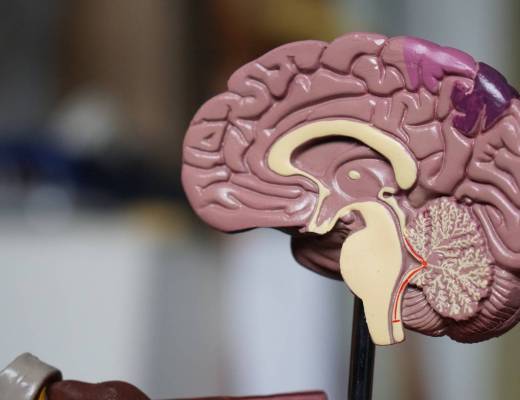Sleep is often viewed as a luxury that successful individuals can’t afford. However, Bill Gates, the billionaire Microsoft co-founder, has had a change of heart. Through his own personal journey and extensive research, Gates has come to recognize the critical importance of quality sleep for optimal brain function and overall health.
In this article, we delve into Gates’ newfound perspective on sleep deprivation and explore the scientific evidence supporting the benefits of a good night’s rest.
Improved Brain Function: The Sleep Deprivation Myth
Bill Gates used to pride himself on his sleep deprivation in his younger years. He would engage in friendly competitions with his peers, bragging about who could function on the least amount of rest. Sleep was seen as a marker of less productivity and a sign of dedication to one’s work. Gates believed that sleep was unnecessary and a symbol of laziness.
However, his perspective shifted when his father was diagnosed with Alzheimer’s. This life-altering event prompted Gates to delve into the world of brain health and learn about sleep’s powerful impact on cognitive function.
Gates discovered that sleep plays a crucial role in brain health and is a predictive factor for dementia, including Alzheimer’s. This revelation prompted him to prioritize sleep and educate others on the importance of adequate rest.
The Science Behind Sleep and Improved Brain Function
According to scientific studies, there is strong evidence linking enough sleep to a healthy brain. A Harvard Medical School study analyzed over 2,800 seniors aged 65 and up who participated in the National Health and Aging Trends Study. Compared to individuals who slept between six and eight hours per night, those who slept for fewer than five hours per night had a significantly higher risk of developing dementia or dying within five years.
It’s Not Just Older Adults Who Are Affected by Inadequate Sleep
The American Academy of Sleep Medicine highlights the importance of sleep for teenagers, stating that eight to ten hours of sleep per night contribute to the best mental health, intellectual growth, and memory.
Similarly, the Centers for Disease Control and Prevention recommend seven to nine hours of sleep per night for adults between 20 and 64 to promote peak physical and mental health.
The Shift in Perspective: Embracing the Power of Sleep
Bill Gates’ personal journey and the scientific evidence supporting the importance of sleep have led him to make a significant shift in perspective. He now recognizes that sleep is not a hindrance to productivity but a necessary component for optimal brain function and overall well-being.
Gates, who now prioritizes sleep and ensures he gets at least seven hours per night, even checks his “sleep scores” to monitor his sleep quality and recovery. While he didn’t specify the method he uses to track his sleep scores, wearable smart devices like Fitbits and Apple Watches offer this capability.
FAQ
Q: How much sleep does Bill Gates get?
A: Bill Gates now prioritizes sleep and aims for a minimum of seven hours per night.
Q: What is the impact of sleep deprivation on improved brain health?
A: Adequate sleep is crucial for optimal brain function and has been linked to a reduced risk of dementia and cognitive decline.
Q: Does sleep deprivation affect younger individuals as well?
A: Yes, sleep is vital for individuals of all ages. Teenagers, in particular, require eight to ten hours of sleep per night for optimal growth and cognitive development.
Q: How does sleep deprivation impact productivity?
A: Contrary to the belief that less sleep equals more productivity, research shows that adequate sleep improves cognitive function, memory, and overall productivity.
Q: How can one track their sleep quality?
A: Wearable devices like Fitbits or Apple Watches can track sleep quality and recovery.
In conclusion, Bill Gates’ journey from sleep deprivation advocate to sleep advocate is a valuable lesson for all of us. Quality sleep is not a luxury but necessary for optimal brain function and overall well-being.
By prioritizing sleep, we can enhance our cognitive abilities, improve productivity, and reduce the risk of cognitive decline. So, let’s take a page out of Gates’ book and embrace the power of sleep for a healthier, more successful life.
First reported on CNBC
The post Bill Gates’ Shift: Embracing a Once-Disparaged Habit for Improved Brain Function appeared first on Under30CEO.
Tim Worstell is a strategic influencer in digital marketing and leadership. As an entrepreneur, he always looks for opportunities to help companies grow and reach their full potential. Building strong relationships with partners has been the key to building Adogy, a profitable growth marketing agency. Adogy is a company that specializes in thought leadership and SEO.
Credit: Source link


Comments are closed.